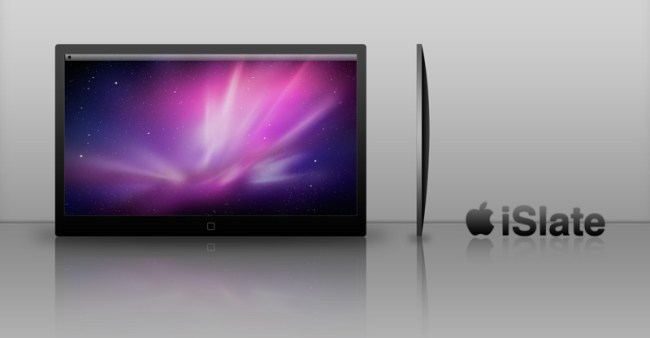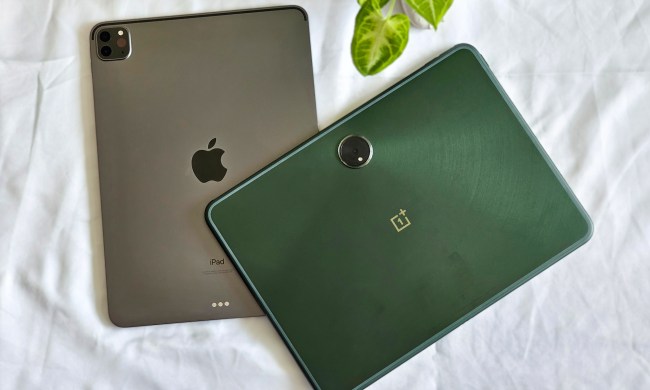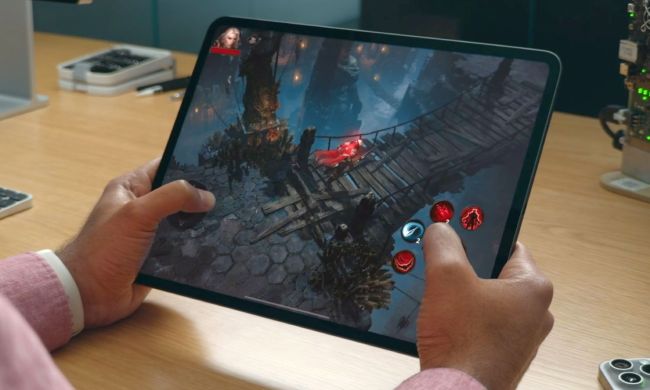
The buzz over Apple’s upcoming tablet has reached a roar. Despite the lack of specs, pictures, or even an affirmation that there’s actually a tablet under the curtain Apple will lift on January 27, fans have gone wild for the slate form factor.
But when tablets have existed in various shapes and forms for over a decade without much mainstream adoption, is the world really sold on tablet PCs?
According to Laptop Magazine’s Mark Spoonauer, the future for tablet PCs as a form factor may be uncertain, but Apple bucks the trend. “It’s because Apple is paying so much attention to the whole ecosystem, and the integration of hardware and software, and of course the user experience,” Spoonauer says.
Previous tablet makers, including Dell and HP, have focused heavily on the business potential of the tablet, marketing it as a replacement for recording data from the field for government and healthcare workers. The next wave of tablets – including Apple’s– will make a broader appeal to consumers.
“Having a single device that could handle media – e-books, games, Web surfing from the sofa and that kind of thing, that has a lot of potential,” Spoonauer says. But even with a couple usage scenarios sketched out, Spoonauer says manufacturers have a long way to go to truly flesh out what a tablet should be – and do.

Perhaps they’re having trouble because their products are designed to fight a mirage. Spoonauer sees many of the tablets revealed at CES 2010 “pre-emptive attacks” on the Apple tablet. Without firm details on anything it will do, other manufacturers have left many of their own products loosely focused.
But if anyone can answer the tough questions about why anyone would want a tablet, Apple can. “To be honest, no one markets a product like Apple,” says Spoonauer. “Even if you think you don’t need it, you probably will want it.”



